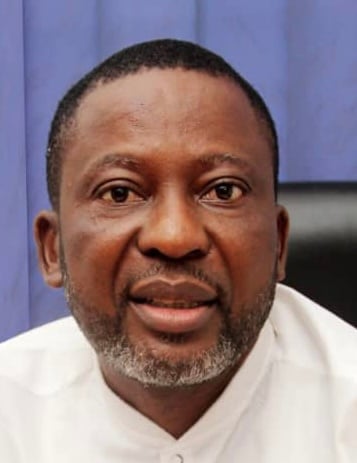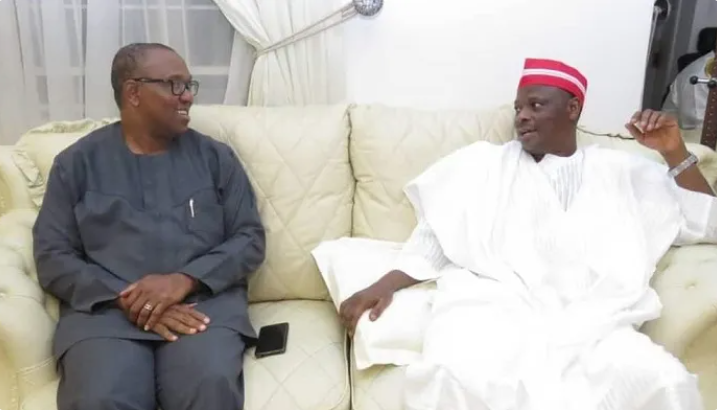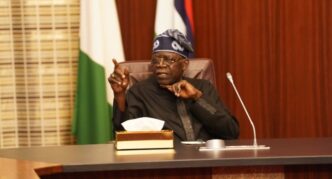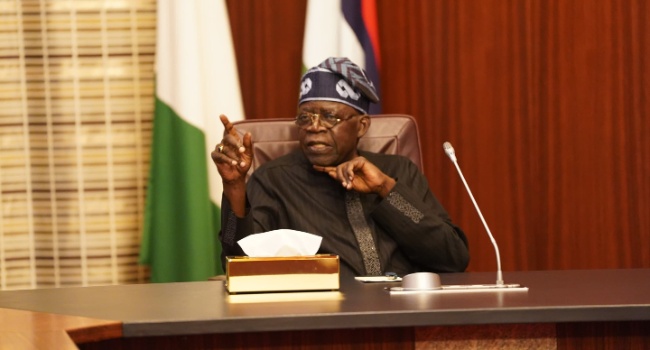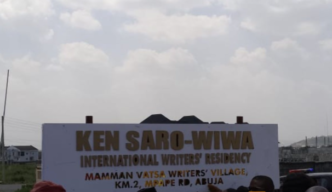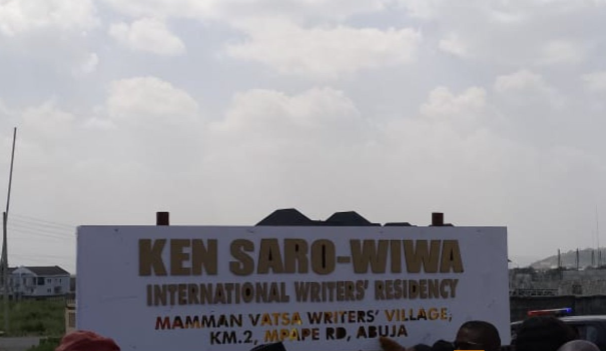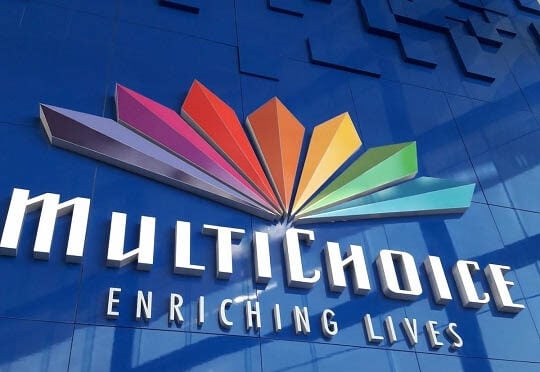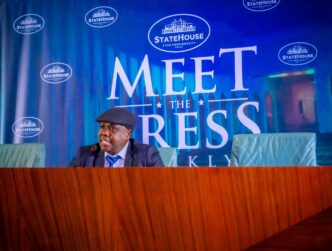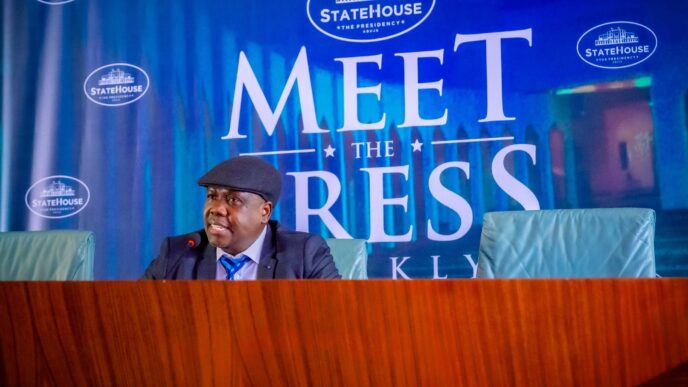For millions of Nigerians hoping for change in the next general elections, the possibility of Mr. Peter Obi, and Senator Musa Rabiu Kwankwaso joint ticket and alliance is not just exciting but it is essential.
The likelihood of the duo combining their strengths to rescue Nigeria from the shackles of bad governance has already ignited discussions across the nation. For many, Obi-Kwankwaso joint ticket will represent a powerful counterforce to the ruling All Progressives Congress (APC).
The appeal of Obi and Kwankwaso’s combined strength may just offer the antidote to the political dominance and perceived shortcomings of the APC, setting the stage for a transformative chapter in Nigeria’s political history.
The nation’s challenges demand a pragmatic, inclusive, and visionary approach, one that bridges divides and prioritizes the welfare of all citizens. A joint ticket featuring Obi and Kwankwaso could offer a transformative solution.
Advertisement
Peter Obi and Rabiu Kwankwaso are both seasoned political leaders with distinct backgrounds and appeal that reach across Nigeria’s complex political and ethnic divides. Obi, renowned for his pragmatism, vision, and emphasis on economic reform, has amassed a cult following, particularly among younger Nigerians eager for change and an end to bad government.
His tenure as Anambra State governor witnessed massive investments in education, healthcare, and infrastructure, all achieved without excessive borrowing. Obi’s track record resonates with a younger, tech-savvy generation eager for competent leadership.
Also, Obi’s stance on transparency, fiscal responsibility, and development makes him a symbol of hope for citizens seeking to address Nigeria’s long-standing issues of corruption, poverty, and inadequate infrastructure.
Advertisement
Kwankwaso, on the other hand, commands a loyal base in the north. Known for his grassroots appeal, especially in Kano and other northern states, he brings to the table a distinct brand of politics that resonates deeply with his supporters, known as the Kwankwasiya Movement.
As former governor of Kano State and Minister of Defense, Kwankwaso has earned a reputation as a grassroots mobilizer and a political heavyweight in Northern Nigeria.
He represents a bridge to the north that is often lacking in southern candidates, bringing political capital and trust from regions where a significant portion of Nigeria’s electorate resides.
Their complementary appeal has the potential to unify disparate factions and redefine politics in Nigeria, shifting focus from regional loyalties to competence and shared goals. By appealing to both the North and South, urban and rural populations, they would lay the groundwork for a more inclusive democracy.
Advertisement
Since taking power, the APC has faced rising discontent, particularly over issues like economic instability, security challenges, and youth unemployment. The party, though dominant, is increasingly perceived as disconnected from the needs and aspirations of ordinary Nigerians.
Many Nigerians have voiced concerns over policies that have not sufficiently addressed critical economic challenges, as well as governance issues that have left many disillusioned.
Policies such as subsidy removal, naira devaluation, tax reforms among others are just some of the policies of the APC-led administration that has brought the economy to its knees with its attendant economic hardship on the masses who could barely survive the economic brunt occasioned by the unpopular policies.
Allegations of political manipulation, voter suppression, and propaganda have also dogged Tinubu’s administration , leading many to search for alternatives. A significant swath of the electorate is now openly calling for a shift—a move toward a government more attuned to the needs of the people; one that prioritizes economic stability, job creation, and inclusive growth.
Advertisement
The Obi-Kwankwaso ticket could capitalize on this growing disillusionment, offering Nigerians a viable alternative rooted in transparency, accountability, and a commitment to bridging Nigeria’s north-south divide.
With over 60% of Nigeria’s population under 25, engaging the youth is critical. Obi’s popularity among young voters, combined with Kwankwaso’s educational initiatives, provides a platform to prioritize youth-driven policies in education, entrepreneurship, and technology.
Advertisement
An Obi-Kwankwaso ticket could disrupt the dominance of established political parties. Both leaders have shown a willingness to challenge the status quo, focusing on issue-based campaigns rather than patronage. Their partnership could inspire a new wave of political participation, encouraging more Nigerians to vote based on merit and vision.
The partnership of Obi and Kwankwaso could bring a refreshed political approach, marked by the strategic focus and pragmatic solutions both are known for. Obi’s track record as businessman of repute and politician demonstrates his capacity to manage resources effectively and his dedication to development and innovation.
Advertisement
His economic insights, particularly around promoting local businesses and reducing dependence on imports, could help transform Nigeria’s economic landscape. Meanwhile, Kwankwaso’s connection with the northern grassroots base and his reputation as a man of the people could consolidate support across regions, giving the alliance a truly national appeal.
However, while the joint ticket holds immense promise, it is not without challenges. Obi and Kwankwaso must address significant hurdles to convert their popularity into electoral victory. A major hurdle the duo must overcome is the formidable machinery of the APC that cannot be underestimated. Also, the ruling party’s vast resources, and well-established network, and influence in key political structures that could impact the election outcome is one that must be studied and overcome.
Advertisement
Furthermore, uniting their parties and support bases into a cohesive force capable of rivaling the APC’s entrenched structure is no small feat.
There are logistical challenges to navigating the complexities of Nigeria’s regional and religious divides. Ensuring that both northern and southern voters feel equally represented will be essential to a successful campaign, as any perceived marginalization could jeopardize their support in regions crucial for securing the presidency.
If Peter Obi and Rabiu Kwankwaso can overcome these obstacles, they have the potential to offer Nigeria something its citizens have long yearned for: a credible alternative with a focus on unity, integrity, and the well-being of the people.
It is my candid opinion that for the joint ticket to be effective, a new political party should be envisaged and formed that would allow Obi and Kwankwaso to redefine Nigeria’s political narrative. It would provide an independent platform that prioritizes national interest over partisan loyalty, offering Nigerians a credible alternative to the entrenched political elite.
Also, a neutral party led by Obi and Kwankwaso would symbolize a bridge between regions, ethnicities, and religions. Obi’s appeal in the Southeast and among urban, tech-savvy voters, coupled with Kwankwaso’s dominance in the North through the Kwankwasiyya movement, could unite Nigeria in unprecedented ways.
Operating under the umbrella of their previously established parties: the Labour Party (LP) and the New Nigeria Peoples Party (NNPP) could result to compromise of their values due to party demands and internal politics. A neutral party would allow them to shape a manifesto unencumbered by vested interests, focusing entirely on issues like economic diversification, security, education, and youth empowerment
The Obi-Kwankwaso ticket may be more than just an alliance; it could symbolize a shift towards a governance model grounded in transparency and inclusion, one that transcends regional and ethnic lines to foster a united Nigeria.
As the political landscape continues to evolve, all eyes are on Peter Obi and Rabiu Kwankwaso, watching closely as they prepare to take on one of the most consequential challenges in Nigeria’s modern history. Their joint ticket may indeed become the antidote to the APC’s political dominance, reshaping Nigeria’s future and inspiring a new generation of leaders. It is also expected that INEC will provide a level playing field for all contestants and their parties so that the people’s vote can count and not the courts deciding the outcome of elections.
Okoronkwo, a leadership and good governance advocate wrote from Lagos and can be reached via [email protected]
Views expressed by contributors are strictly personal and not of TheCable.
